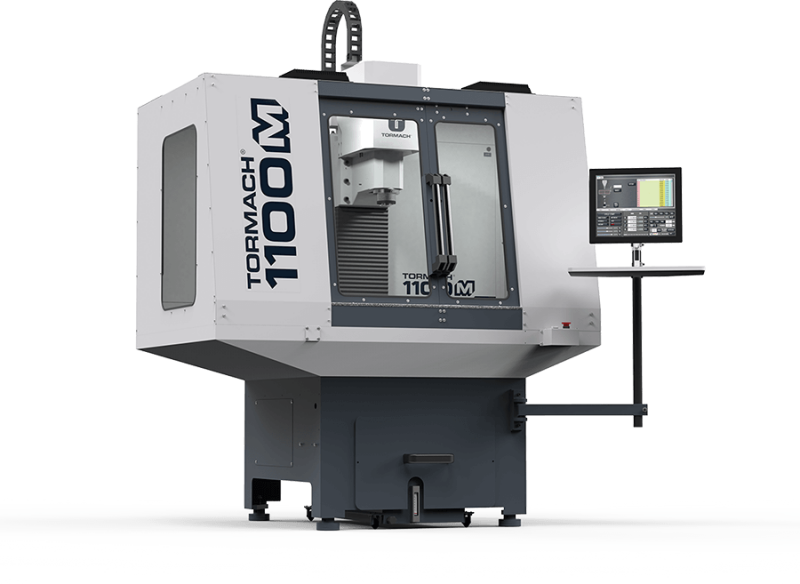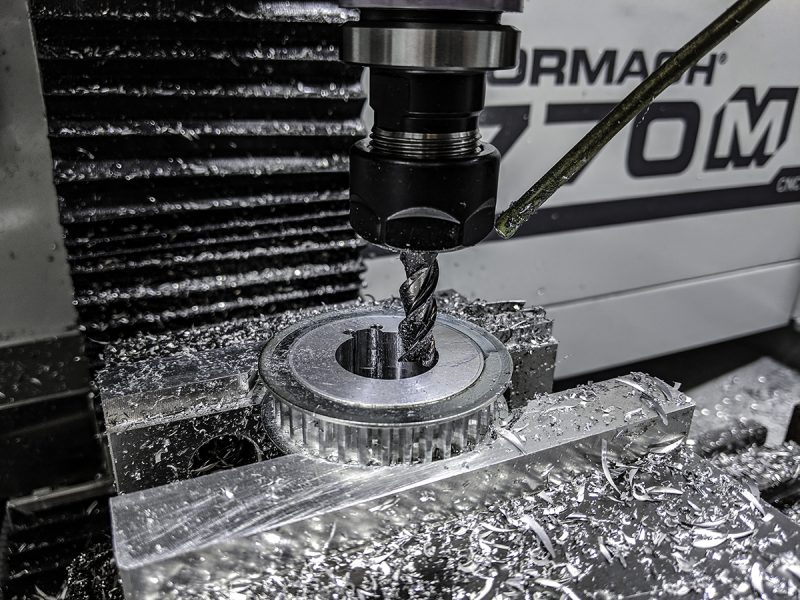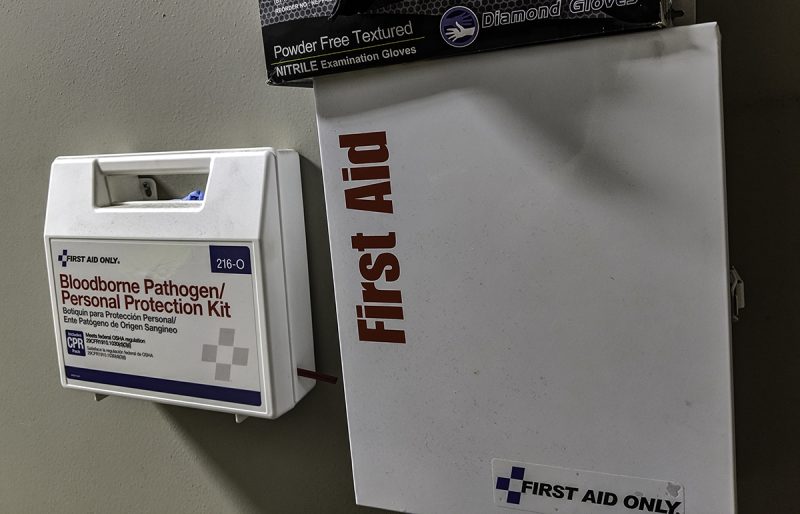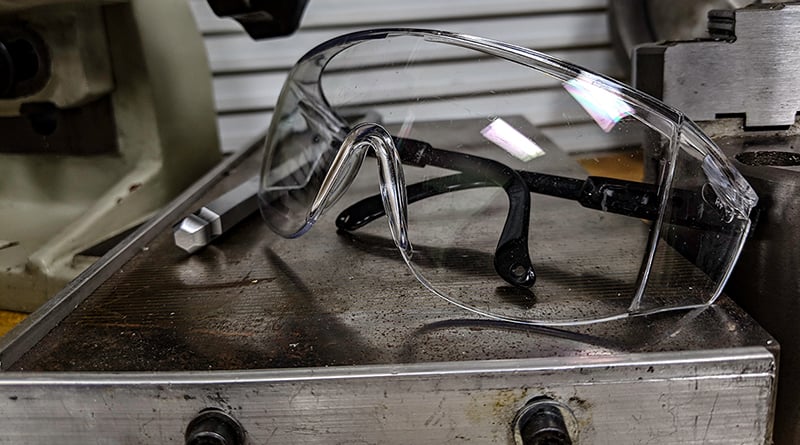Let’s talk shop safety!
We live in a world where safety can be over-emphasized in some situations and under-emphasized in others. Let’s talk about real-world shop safety to keep eyes, ears, and fingers in tact!
Safety Glasses
Safety glasses are critical, and even more so in a machine shop environment. Particles that may cause damage to your eyes are commonplace in a machine shop, such as chips and small particles created by grinding, sanding, or polishing. Using compressed air to clean a part off or even for use as coolant can cause these particles to become airborne, increasing the probability of causing eye damage. A good rule of thumb is this: if you ever find yourself squinting or needing to squint while working, you should probably be wearing safety glasses - but it is always a good idea to be safe and wear your eye protection whenever you’re working in the shop.

Machine Enclosure
Not all machines have an enclosure - but if yours does, use it! The spindle of a mill or lathe can generate extreme cutting forces. This is great when trying to max out your MRR or cycle time, but can be extremely dangerous when things go wrong (and they do!) An enclosure adds an extra layer of protection between you and the machine, protecting you from potentially high-velocity thrown parts, broken tool shrapnel, or red-hot chips. Kkeep your enclosure doors closed with your hands outside while any machining work is being done! The acrylic windows on our Tormach enclosures show the proud marks of chips being flung against them (Yes, I’m talking to you, Mr. Shear Hog). If those chips are hitting the enclosure, they’re hitting you.
Ask for Help
As with everything else, machining comes with a learning curve. It’s okay not to know how or be able to do everything! Never be afraid to ask for a helping hand if you are not sure how to use a tool or machine before going off on your own. Incorrectly using a tool without experience can have major consequences - expensive damage to company equipment, damage to a customer part, injury to you or others, and even death. On a similar note, get assistance moving a heavy part or piece of equipment! Asking for assistance can save you time and effort while avoiding injury to yourself or others.
Feet & Footwear
Footwear is important! Not only are machinists on their feet for a substantial amount of their day, but the proper footwear plays a critical part in machine shop safety. Open-toe shoes have no place in a machine shop, and pose a significant hazard. Closed-toe shoes are a must in the shop, protecting your feet from falling chips, stubs, and light drops. Many industrial settings require steel-toe footwear, which is designed to keep you safe from heavy or sharp items dropped. These types of shoes should be worn any time you find yourself working around or lifting heavy parts and equipment. No-slip shoes are also a good idea in the event of coolant or lubricant leaks and spills.
If you’re standing for extended periods of time, consider an anti-fatigue mat. Your older self will thank you.
Clothing
Dress code in a machine shop isn’t so much what to wear to work as it is what NOT to wear. Anything loose is a hazard - always take off or secure any baggy or loose clothing, jewelry, ID badges, etc before using a machine. While some protective gear is crucial for specific jobs, remember that the same protective gear can be dangerous when using other machinery. For example, it is incredibly dangerous to operate a manual lathe while wearing work gloves, which are important protective gear for countless other tasks.

Don’t Touch the [End Mill, Part, Tool]!
Anytime you feel inclined to grab a workpiece or pull a chip off of a cutting tool: Don’t! Stop and ask yourself: 1) Should I be touching this? and 2) would I be better off using [pliers, scribe, gloves, etc]. A freshly cut part can have sharp edges, chips, and even microscopic razors. Brushing your hand across the part is a sure way to start bleeding. Likewise, never (never!) touch a cutting tool in a spindle whether stationary or turning. End mills are good at what they do for a reason: they are sharp! Anytime debris, swarf, birdsnest, etc needs removed from a cutting tool, stop the spindle and use pliers or a short stick to keep your digits in tact.

First Aid and 911
Keep a well-equipped first-aid kit at a readily accessible location within the shop. Furthermore, when working alone, please keep a phone on your body so that you always have the ability to call for help if you are stuck or severely injured. Finally, if your shop has the type of equipment that can cause catastrophic limb injury, consider keeping some tourniquets throughout the shop – preferably mounted to the wall no more than a few feet up. It may sound far-fetched, if you have to crawl over to access a tourniquet, it may well save your life.


